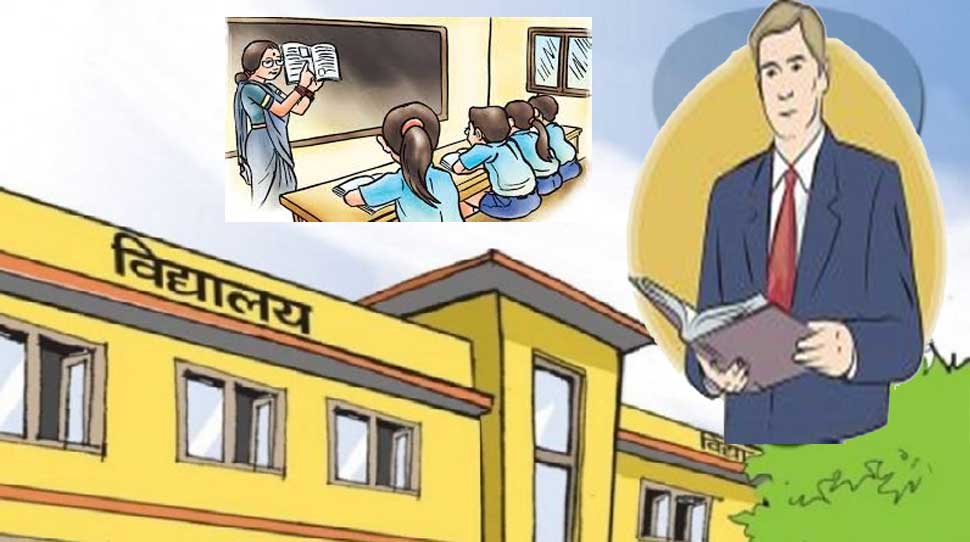
What Teachers Need to Know about New School Education Bill 2080
The government recently registered a School Education Bill 2080 in the House of Representatives that proposes a plethora of changes for teachers working in public schools. This article aims to break down the key points of this legislative proposal and explore its potential impact on the education system, teachers, and students.
Key Provisions Affecting Teachers
Here are the most pivotal provisions that directly impact teachers:
No Residence Permits for Other Countries
- Section 83 states that public school teachers cannot apply for or obtain permanent residence permits in foreign countries. Violation of this clause will result in legal action.
Ban on Political Activities
- Section 73 restricts teachers from engaging in any form of political activity, including membership in political parties and participating in elections.
Prohibition on Strikes
- Teachers are also not permitted to go on strikes or partake in any similar activities.
Laws Against Polygamy and Abuse
- Teachers can face prosecution for engaging in polygamy or committing sexual violence.
Side Business Restrictions
- Teachers cannot engage in any other income-generating activities without the permission of the local authorities.
No Gifts or Donations
- Neither teachers nor their families can accept gifts or donations from students' parents.
Professional Conduct
- Teachers are prohibited from serving as consultants, advisors, or experts for monetary benefits.
Annual Property Declarations
- Teachers are required to submit an annual property declaration, which will be kept in the teacher’s library.
Legal Consequences
- The proposed Education Act 2080 will disqualify a teacher not just from teaching but also make them ineligible for future government services under certain conditions, such as applying for a foreign country's residence permit.
Impact on Curriculum and Language of Instruction
Another significant change proposed is the mandate to teach Mathematics, Science, and Computer Science subjects exclusively in English. This provision aims to standardize the teaching of these crucial subjects.
Conclusion
The proposed School Education Bill introduces comprehensive changes that will significantly affect teachers in public schools. While the bill aims to enforce greater accountability and professionalism among teachers, it raises questions about personal freedoms and the feasibility of certain restrictions.
Given its far-reaching implications, the bill is likely to spark robust public debate. Teachers, parents, and stakeholders in the education system should familiarize themselves with these proposed changes and consider their potential impacts carefully.
School News




